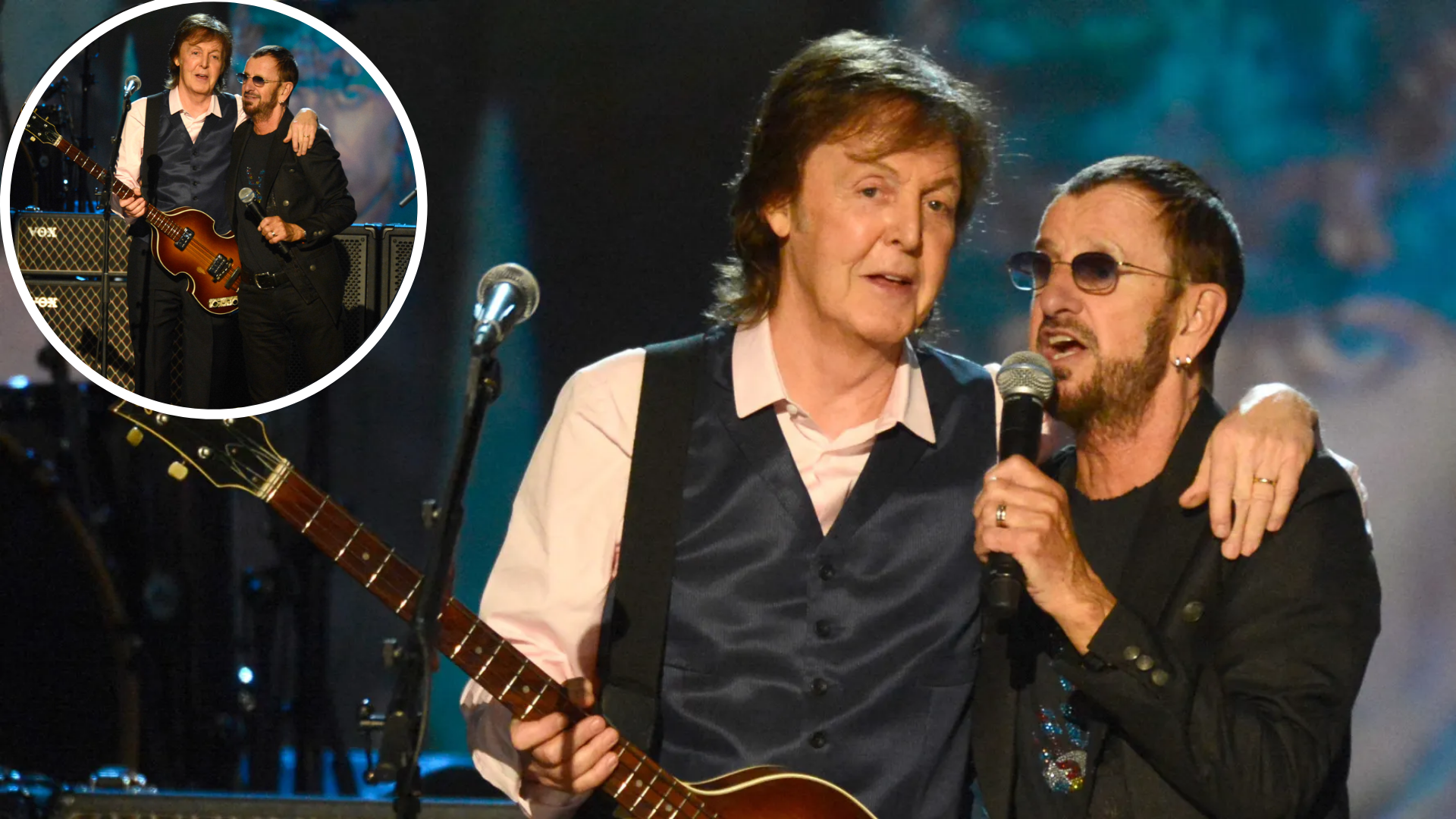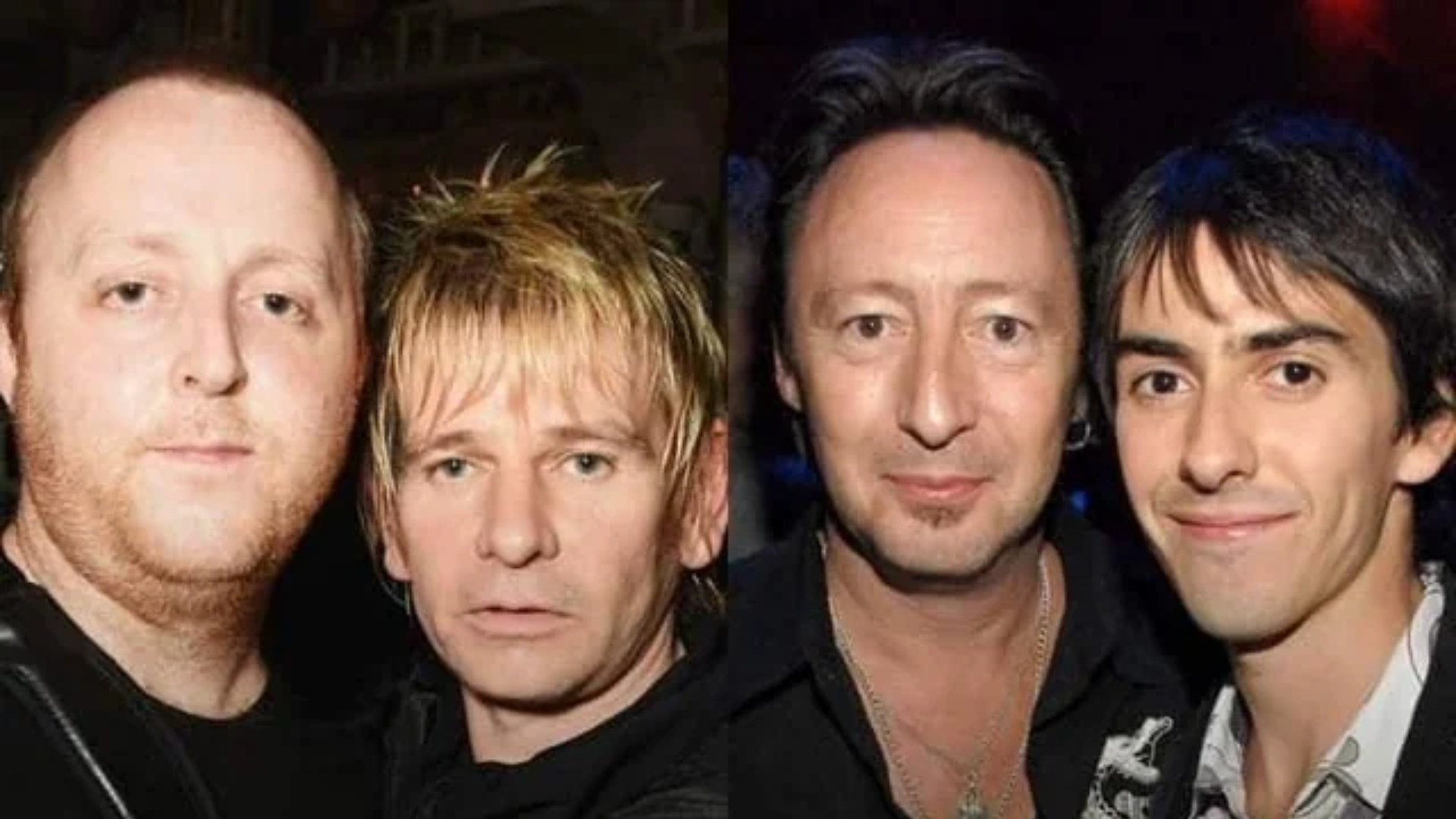
When “Tomorrow Never Knows” closes out the 1966 album Revolver, it feels less like a song and more like a portal. From the first hypnotic drumbeat and the swirling drone of the tambura, the listener is transported into another dimension — one where music no longer just entertains, but expands the mind.

Written by John Lennon at the height of The Beatles’ creative experimentation, the song draws its lyrics from The Tibetan Book of the Dead, urging us to surrender, to “turn off your mind, relax, and float downstream.” It’s a message of release — from fear, from ego, from the need to control. Lennon’s voice, run through a Leslie speaker to create its eerie, disembodied tone, sounds less like a rock singer and more like a guide leading us into uncharted spiritual territory.
The instrumentation was groundbreaking. George Harrison’s sitar-like drones, Paul McCartney’s innovative tape loops of reversed sounds, and Ringo Starr’s steady, trance-inducing drum pattern all fused into something entirely new. It was psychedelic, but also deeply meditative, like a mantra set to music. The song wasn’t built on traditional chords or melody — it was built on atmosphere, on immersion, on the power of sound to alter consciousness.
What makes “Tomorrow Never Knows” timeless is not just its experimental daring, but its message. Beneath the strange sounds and looping textures lies a profound truth: that letting go, embracing the unknown, and surrendering to life’s flow can lead to a deeper kind of peace. In 1966, this was radical. Today, it feels eternal.
Even now, “Tomorrow Never Knows” sounds futuristic, as though The Beatles glimpsed a horizon no one else could see. It’s a reminder that they weren’t just making records — they were reshaping what music could mean, turning songs into experiences that touch both the mind and the soul.